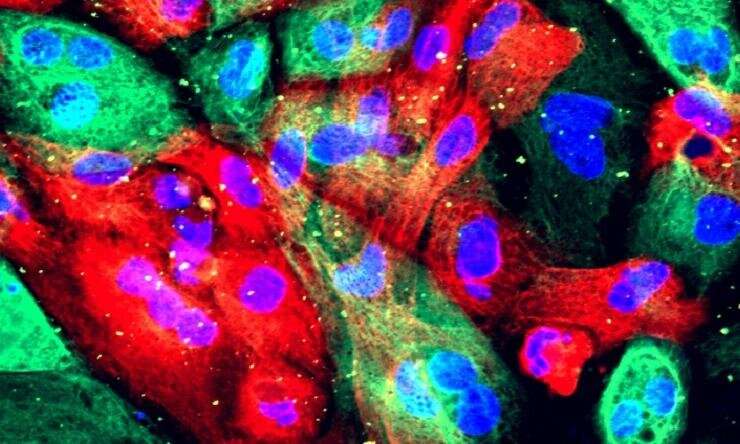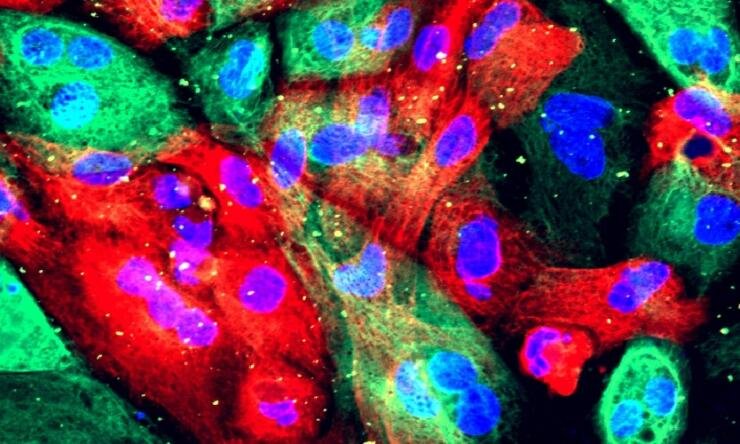
Oncologists have traditionally prescribed androgen deprivation therapy (ADT) alone for patients with metastatic hormone-sensitive prostate cancer (mHSPC).
Now, there are many possible treatment options. Clinical trials have shown that more aggressive up-front treatment with a range of combination therapies improves outcomes. This case study shows how Dana-Farber Cancer Institute oncologists interpreted the evidence from these trials and applied it to an individual patient with mHSPC.
The researchers recommend aggressive up-front treatment with triplet therapy (ADT, an androgen-receptor pathway inhibitor, and chemotherapy) for patients who can tolerate chemotherapy, and especially for patients with high-volume disease. For patients with low-volume disease, they recommend adding radiation therapy if feasible.
The researchers also recommend the use of PSMA-PET scans to find metastases, evaluate treatment response, and identify potential sites for radiation.
Choosing a treatment approach requires interpretation of the results of many trials and the consideration of multiple factors unique to each patient. This case study provides that interpretation and gives evidence-based guidance for how to navigate decision-making for individual patients.
The research is published in the Journal of Clinical Oncology.
More information:
Jeremiah Wala et al, Early Treatment Intensification in Metastatic Hormone-Sensitive Prostate Cancer, Journal of Clinical Oncology (2023). DOI: 10.1200/JCO.23.00723
Journal information:
Journal of Clinical Oncology
Source: Read Full Article
